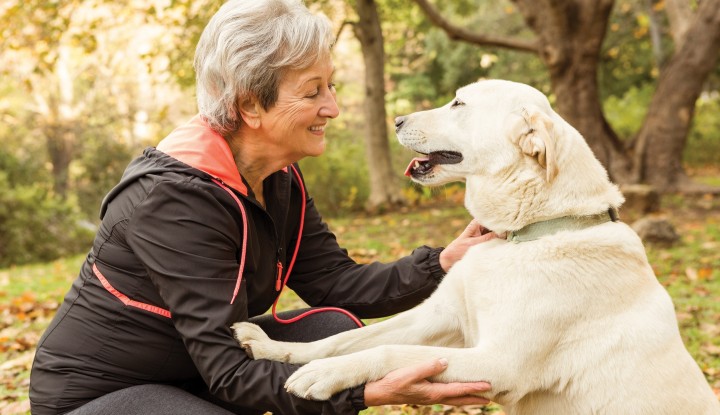One thing is for certain as a result of COVID-19… Puppy and pet ownership is booming in 2020!
With all of the distancing and social restrictions in place as a result of COVID-19, pet companionship provides us with a certain feeling of normalcy and renewed purpose in a time of uncertainty.
As if the pandemic wasn’t reason enough to make sure that your estate planning is in order, the added responsibility of a new family pet makes having an updated Will ever more important.
This begs the question, what happens to our beloved pets upon the death of a pet owner?
Upon your death, any pet that you own is treated as part of your personal property to be distributed pursuant to your Will. Generally speaking, if you do not specifically provide instructions in your Will regarding what is to happen to your pet at your death, it would be the responsibility of your Estate Trustee to give your pet to the beneficiaries of the residue of your estate. However, what happens if you have multiple equal beneficiaries of the residue of your estate, for example, your children – are they to have shared ownership of your pet? Might they argue regarding whom should take over responsibility of your pet? I doubt this would be the intention in most cases. Also, what if the beneficiaries of your estate do not wish to take on the ownership and care of your pet?
It may be appropriate for you to provide clear instructions in your Will as to whom is to receive and care for your pet in the event of your death, and also to provide a back-up plan in the event that the person you first name is not willing or able to care for your pet.
You might also want to provide for a certain amount of money to be paid to this pet caregiver, with the intention that this money be used towards the cost of veterinary care, grooming, food, etc. I advise clients, however, regarding the potential implications of wording such a monetary provision with guidelines and restrictions within a Will, as wording in such a way may result in a “trust,” which could, among other things, result in added estate administration or accounting costs that you did not intend.
The important thing is to name a person to whom you wish your Estate Trustee to give your pet in the event of your death. Ideally this person will be someone whom you know will provide good care and a comfortable environment for your beloved pet.
This article was written by:
Jason P. Mallory, of Mallory Law in Blenheim, is the recipient of the Margaret E. Rintoul Award in Estate Planning
*The comments in this article are not meant as legal opinions and readers are cautioned not to act on information provided without seeking specific legal advice with respect to their particular situation.

